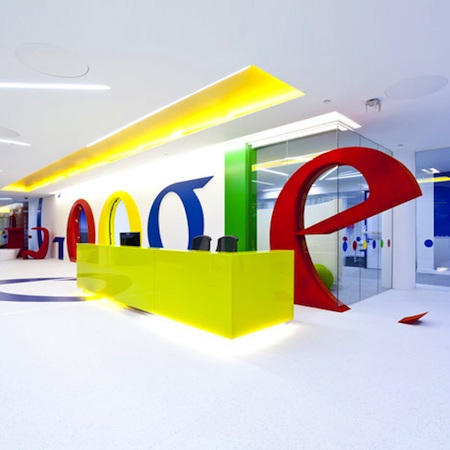Google Reopens ‘Limited’ Offices, As It Restricts Remote Working

Google is ramping up the partial re-opening of its offices in the US, but places restrictions on remote working in the future
Google has reportedly begun accelerating the partial reopening of offices in the United States, but at the same time is also placing limits on future remote working by its staff.
According to a memo on Wednesday seen by CNBC, Google staff can begin to return to offices in a “limited” capacity in April, and is advising staff to get the Covid-9 vaccine, although that is not mandatory for their return.
Google like other firms, had ordered all of its North American staff to work from home if their jobs permitted it, at the start of the Covid-19 pandemic in Q1 2020.

Reopening offices
Then it said it would allow its staff to work from home if they want, until at least July 2021, before extending it until 1 September.
But now according to internal documents viewed by CNBC, Google offices will reopen in a limited capacity in April based on vaccine availability and a downward trend in Covid-19 cases in the United States.
“It’s now been a year since many of us have been working from home, and the thought of returning to the office might inspire different emotions,” Fiona Cicconi, Google’s new head of people operations, reportedly in a company-wide email on Wednesday.
She advised staff to get the Covid-19 vaccine but said it’s not mandatory.
If employees want to work remotely after 1 September, for more than 14 days per year, they’ll have to formally apply for it, according to a separate note marked “Need to know,” CNBC reported.
They can apply for up to 12 months in “the most exceptional circumstances.”
The company could, however, call staff back to their assigned office at any point, the note reportedly said.
According to Cicconi, Google offices will be altered to allow owners to bring their dogs with them.
Google is reportedly seeking a broad reopening of its offices in September, with staff expected to show up in person three days a week.
Remote working
Google remote working approach is different to that of its rivals, such as Facebook and Twitter, which have promised to allow staff to remote work indefinitely if they want.
Last May, Facebook CEO Mark Zuckerberg predicted that 50 percent of the company’s employees could be working remotely over the next decade.
Facebook allows employees to work remotely full time and relocate, but those employees may have their compensation adjusted based on their new locations, Zuckerberg said.
This gives some staff the option to relocate to US states where the cost of housing is more reasonable than it is California.
Microsoft announced last week that from 29 March, it will allow staff who work at its Redmond sites and nearby campuses, to choose between returning to work full time, continuing to work remotely, or opting for a hybrid model.
Last October Microsoft had told staff it would allow more flexibility to work from home, even after it was safe to return to the office.
Microsoft staff can also ask their managers if they want to work remotely full time, or to potentially move to a new location.
But Google even during the pandemic, has continued to invest heavily and purchase more office spaces, as well as expanding its data centre capabilities.